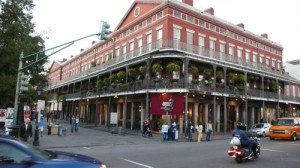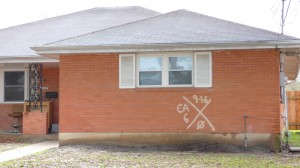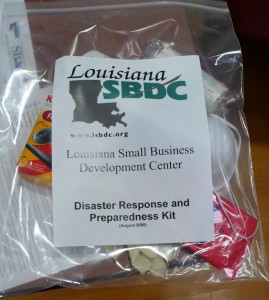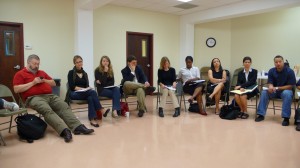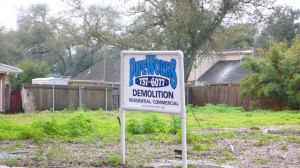I just returned from a very enjoyable few days in New Orleans where I facilitated a “Train the Trainer” day-long workshop for the counselors of the Small Business Development Centers across Louisiana. One of the challenges that was discussed concerned the need to budget for successive evacuations, which FEMA does not reimburse. One of the counselors told me of a client who had to evacuate the Gulf Coast area three times during the 2008 hurricane season at a cost of $1,000 per trip. He does not have the funds available for another evacuation. Another counselor suggested that New Orleans residents should accept the reality of hurricane season as a cost of living in the community and budget some savings for it. If they are not called to evacuate in a given year, they have a Christmas fund with the accumulated savings. Good advice for all of us, no matter where we are located. Liquidity, or the immediate availability of cash, is important for all small businesses, particularly in the current economic environment.
I also had the opportunity to visit some of the community-based non-profits in New Orleans which are laying off staff owing to the downturn in charitable donations that began with the Wall Street crisis of September 2008. On a happier note, I had two excellent dinners with the SBDC team: one at Mr. B’s and one at Bourbon House, both in the French Quarter. (We stayed at the Hotel Monteleone where our program was held.) I recommend both to readers who will travel to New Orleans for Mardi Gras, which will begin on February 24 this year.
